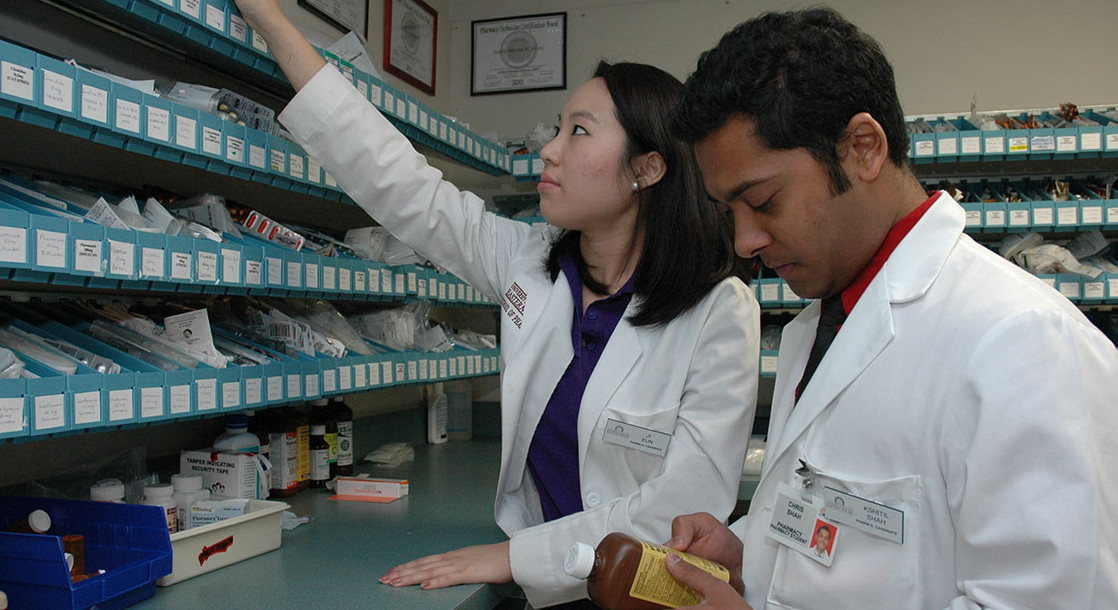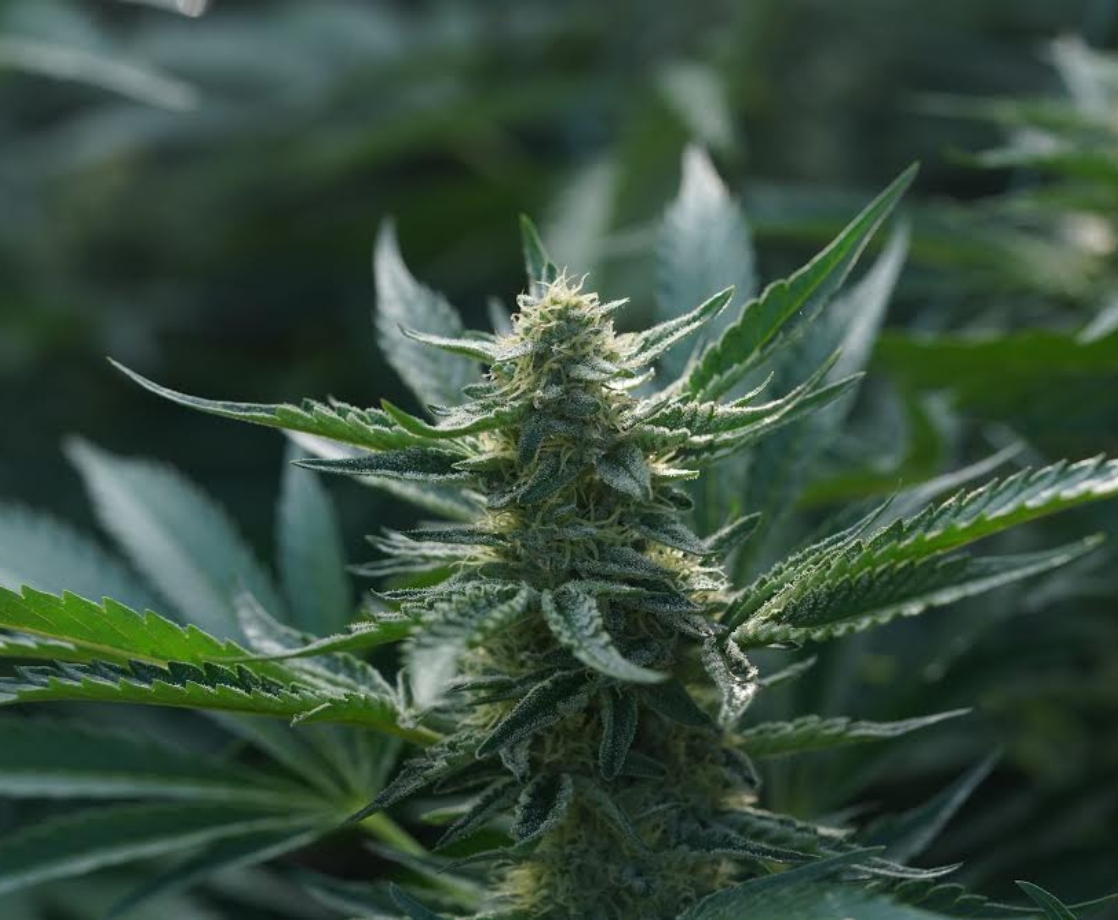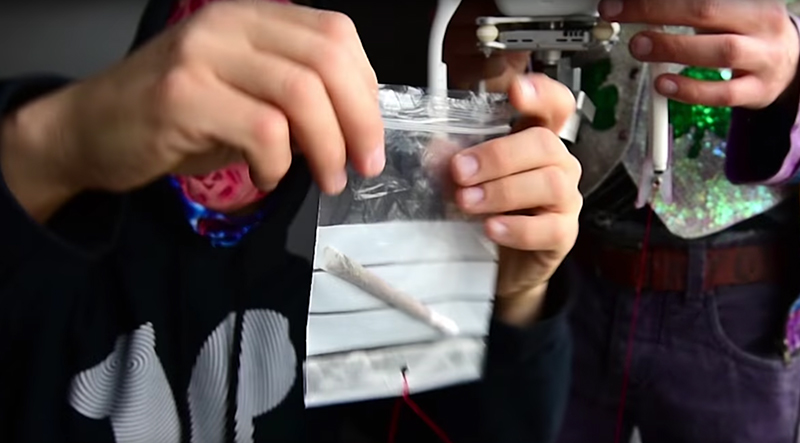University of Maryland officials have cancelled plans to offer training courses tailored for the medical marijuana industry. The university's School of Pharmacy intended to begin these courses this semester, but school officials decided to cancel the classes indefinitely after a consultation with the Maryland Attorney General's office. “If there’s any question of the law, they are often consulted,” said Alex Likowski, a spokesman for the University of Maryland, Baltimore. “Regarding medical cannabis, even though Maryland and many other states have approved it, it’s still illegal under U.S. law.”
The medical marijuana courses would have offered both basic and advanced certifications in cultivation, laboratory standards and assessment, manufacturing, and processing. School of Pharmacy officials said that they were not endorsing cannabis use, but instead offering employment training for the medical marijuana industry, which is currently ramping up production across the state.
State law requires workers in the cannabis industry to have training in their specific fields of work. “The commission expects the most highly trained and knowledgeable people will participate in the program,” Patrick Jameson, executive director of the Maryland Cannabis Commission, said. Now that this training is not being offered in Maryland, those who wish to get involved in this potentially lucrative new industry must seek it elsewhere.
Last year, the University of Vermont’s Larner College of Medicine began offering courses on medical marijuana. According to pharmacology professor Karen Lounsbury, co-director of the course, the school did not have legal concerns over the content of the program, but took steps to ensure compliance. “We confirmed with the university lawyers that as long as we stated a clear disclaimer for each instructor, we would not be violating any university policy,” she said.
Cannabis advocates believe that institutional training programs are necessary to educate both cannabis industry workers and doctors, many of whom are unfamiliar with current research on the drug's medical benefits. Paul Armentano, deputy director of NORML, said that the industry will likely be left on its own to develop a standardized training program.
“It is likely that medical schools will continue to shy away from cannabis education until the federal scheduling of cannabis is amended and/or the plant’s therapeutic utility is formally recognized by the FDA,” Armentano said.











